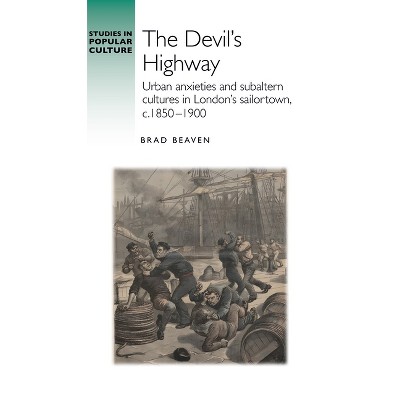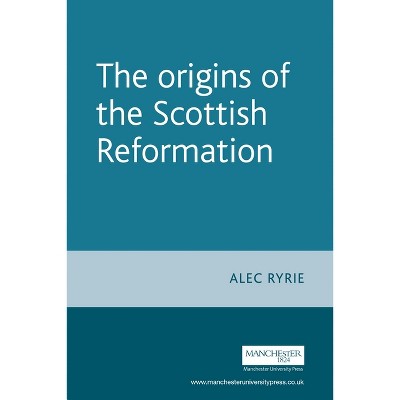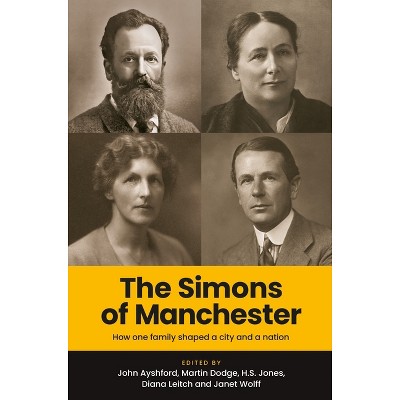About this item
Highlights
- Using a wide range of archival material and a microhistorical approach, Plagues of the heart explores the formation, practice and performance of protestant identity amid the interlocking crises of the seventeenth century.
- About the Author: Michelle D. Brock is Professor of History at Washington and Lee University
- 240 Pages
- History, Europe
Description
About the Book
Using a micro-historical approach, this book explores how the 'culture of covenanting' shaped lived experiences and communities in seventeenth-century Scotland and offers a more complete understanding of protestant identity in the early modern Atlantic world.Book Synopsis
Using a wide range of archival material and a microhistorical approach, Plagues of the heart explores the formation, practice and performance of protestant identity amid the interlocking crises of the seventeenth century. Taking the southwestern port city of Ayr as a remarkable but revealing case study, this book argues that under the stewardship of a generation of radical clergy, Scotland developed a distinct and durable 'culture of covenanting'. This culture was created not simply by swearing the National Covenant of 1638 and the Solemn League and Covenant of 1643, but through reimagining the post-Reformation program of discipline and worship around hard-line interpretations of those covenants. This compelling story of one Scottish town and its long-serving minister offers a fresh understanding of how protestant communities across the early modern world grappled with religion and identity during a remarkably tumultuous age.From the Back Cover
Plague, war, witchcraft, invasion, rebellion: for the generation of Scottish protestants who witnessed the tumultuous period between the British civil wars and the Revolution of 1688, these events were unmistakable signs of God's anger and threats to the gains of the Reformation. Plagues of the heart explores the formation, practice, and performance of protestant identity amid these interlocking crises of the seventeenth century.
The guiding contention of this book is that early modern Scottish piety extended beyond the rituals of sermon-going, covenant-swearing, discipline, and prayer. Instead, it was fashioned through individual and collective responses to extraordinary challenges such as pestilence and conquest, alongside more predictable problems like sin and encounters with strangers. Using the southwestern port-city of Ayr as a compelling case study, this book argues that under the stewardship of a generation of radical clergy, Scotland developed a distinct and durable 'culture of covenanting.' This culture was created not simply by swearing the National Covenant of 1638 and the Solemn League and Covenant of 1643, but through reimagining the post-Reformation program of discipline and worship around strict interpretations of those covenants. Drawing on a wide range of archival material and employing a microhistorical approach, Plagues of the heart provides a new understanding of religion and identity not only in seventeenth-century Scotland, but in protestant communities across the early modern world grappling with a range of interrelated crises.Review Quotes
'This is a good book, written by an historian whose skill with her sources brings her subjects to life... the fascination of Brock's rich study is seeing something of how and why a medium-sized town in a small country on Europe's northerly margins should have become one of the places where the "culture of covenanting" proved so distinctive and enduring.'
Laura A.M. Stewart, Journal of Religious History
About the Author
Michelle D. Brock is Professor of History at Washington and Lee University











